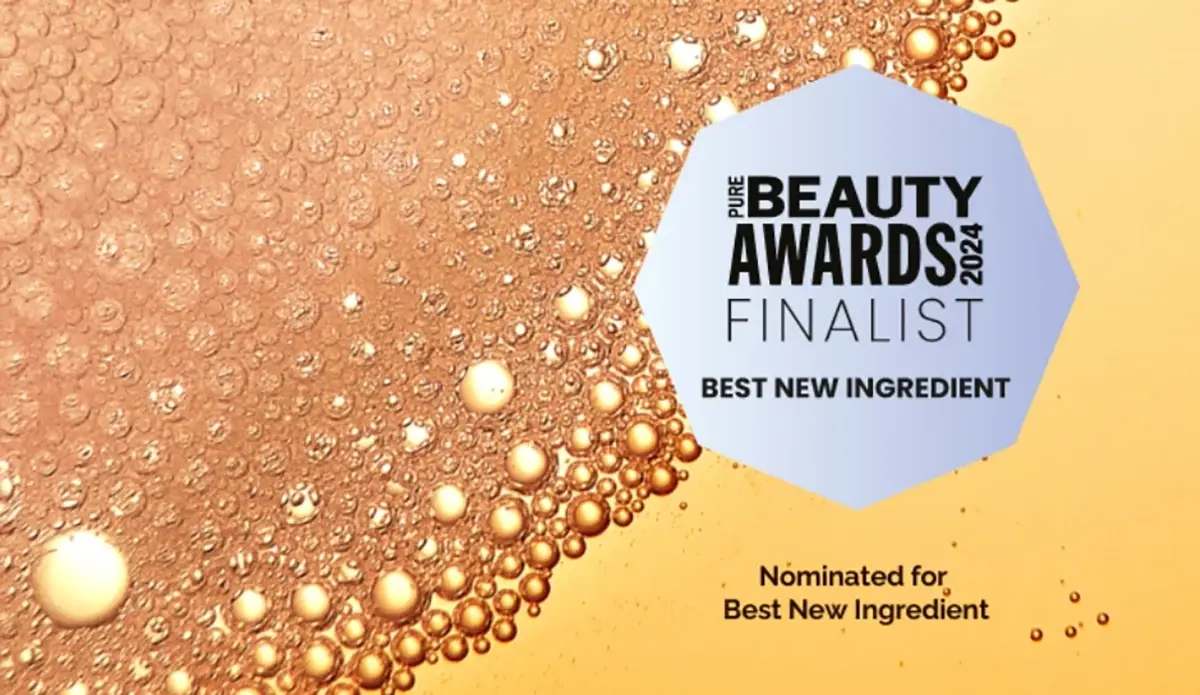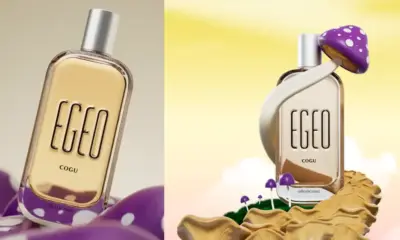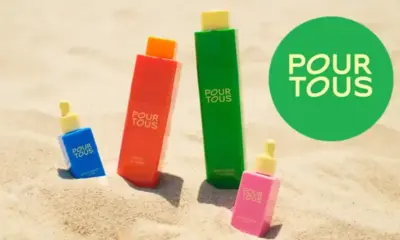Ingredients & Formulation
Kaffe Bueno introduces Kleanstant, a new upcycled anionic surfactant.
Unveiled at in-cosmetics Global in Paris this April, Kaffe Bueno’s newest innovation in personal care ingredients

The Danish company Kaffe Bueno, known for transforming coffee waste from the hotel and catering industries into cosmetic actives, is launching Kleanstant, a new upcycled anionic surfactant derived from coffee by-products. Kaffe Bueno introduces Kleanstant, a new upcycled anionic surfactant.
This multifunctional surfactant leverages the beneficial properties of coffee oil, providing a sustainable alternative to traditional surfactants like Sodium Lauryl Sulfate (SLS). Kleanstant contains potassium salts of palmitic and linoleic acids, along with polyphenols, tocopherols, and diterpene esters, which contribute effective cleansing, emulsifying, foaming, and antioxidative properties.
Kleanstant is particularly effective at removing waterproof makeup without drying the skin. Naturally rich in antioxidants, it protects and leaves the skin feeling soft and smooth. Moreover, this versatile ingredient can be used in cleansers, soaps, shampoos, and body washes at dosages ranging from 5% to 40%. Kaffe Bueno introduces Kleanstant, a new upcycled anionic surfactant.
With its unique fatty acid profile, Kleanstant is free from palm oil, sulfates, and petroleum, making it an excellent choice for brands that want to meet the demands of consumers seeking gentle and safe products. Additionally, it is naturally biodegradable, helping to minimize the environmental impact of personal care items.
By utilizing coffee by-products, Kleanstant supports upcycling in manufacturing—a concept increasingly appreciated by environmentally conscious consumers. With its light translucent, yellow soap-like texture, it effectively reduces the carbon footprint by turning waste into valuable resources. Kaffe Bueno introduces Kleanstant, a new upcycled anionic surfactant.
“By preventing coffee grounds from ending up in landfills, we eliminate the emissions associated with their disposal (15 kg CO2-eq/kg). Furthermore, by replacing unsustainable materials—such as coconut, palm-derived, or petrochemical ingredients in personal care products—we positively impact the carbon footprint of the final products while contributing to the movement toward a greener and more sustainable world,” explains Kaffe Bueno.






















